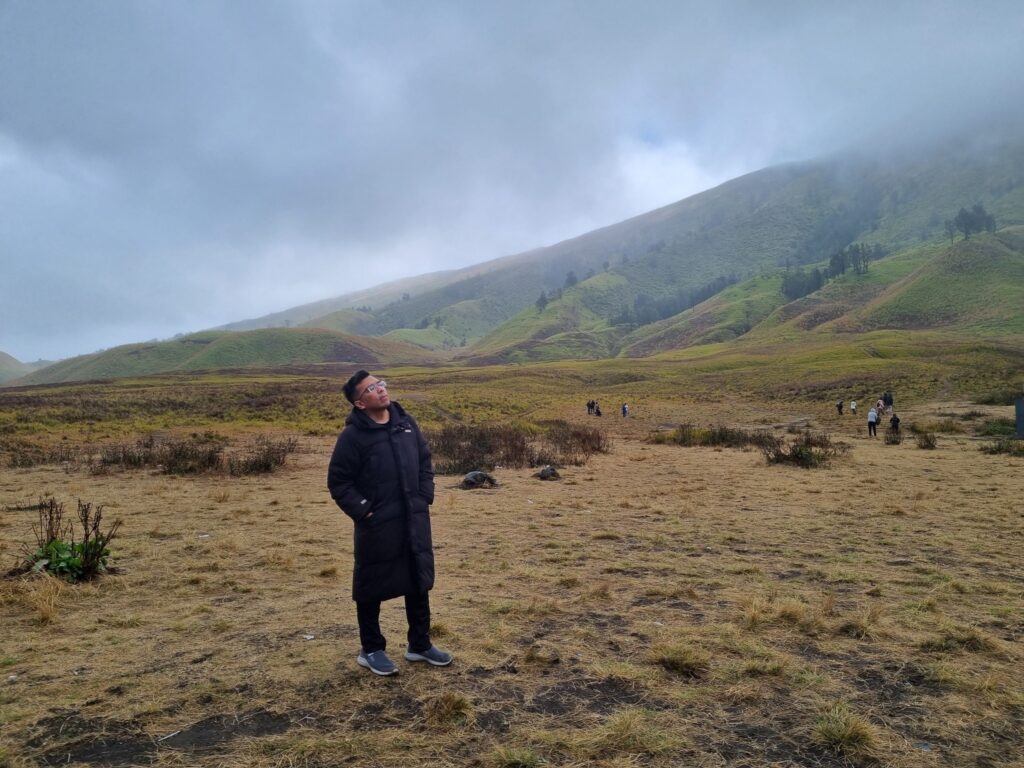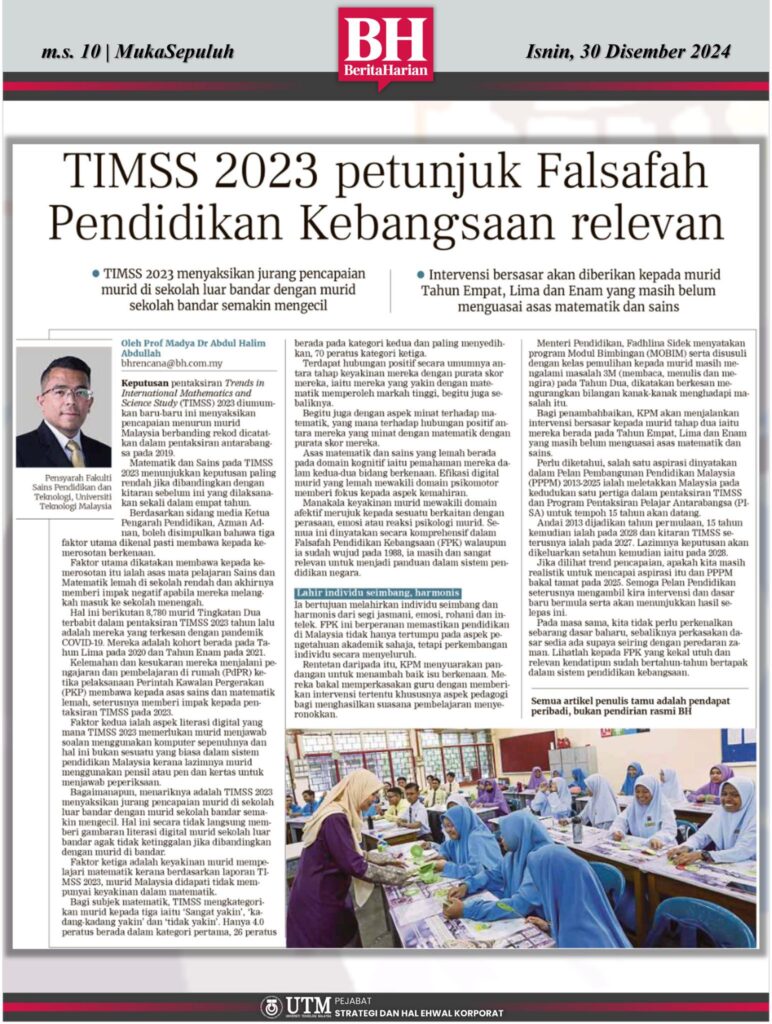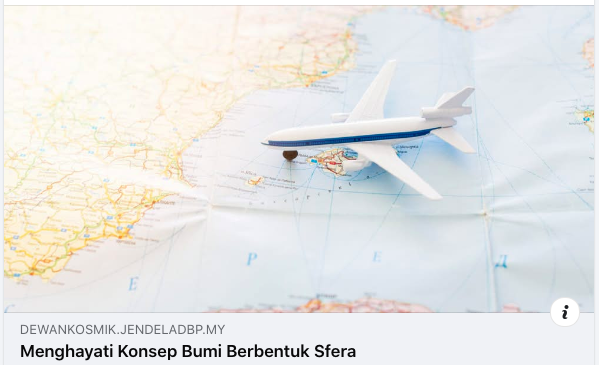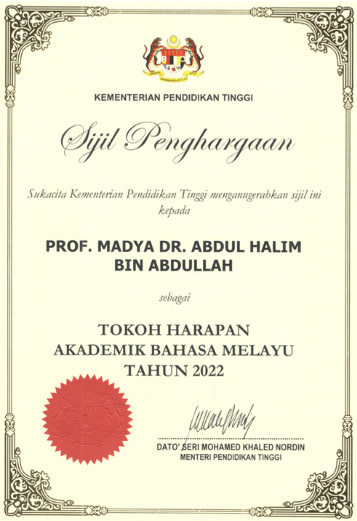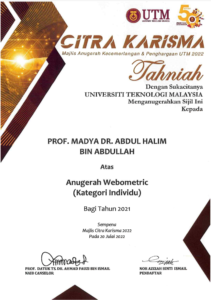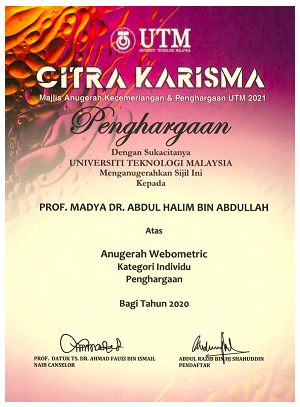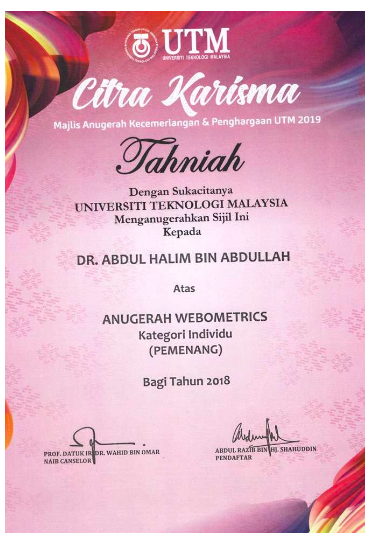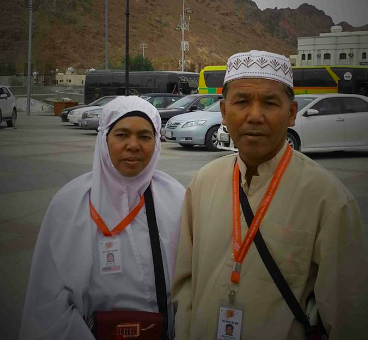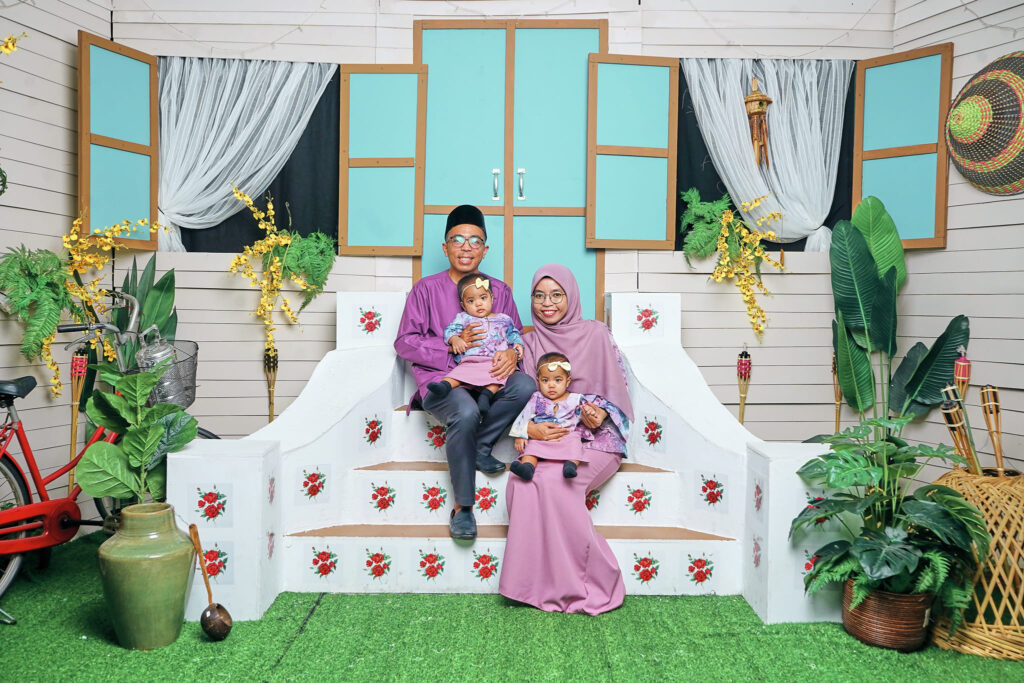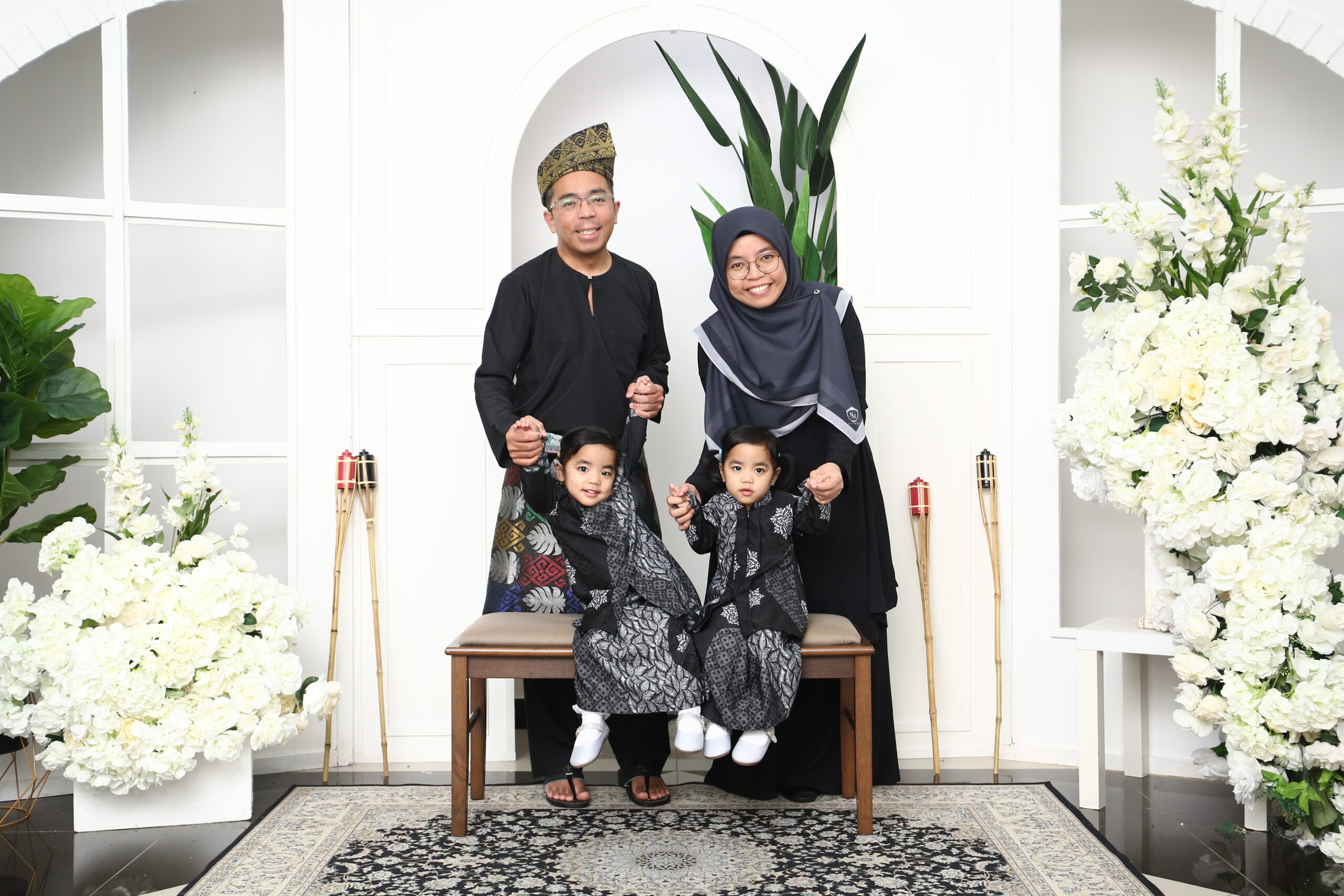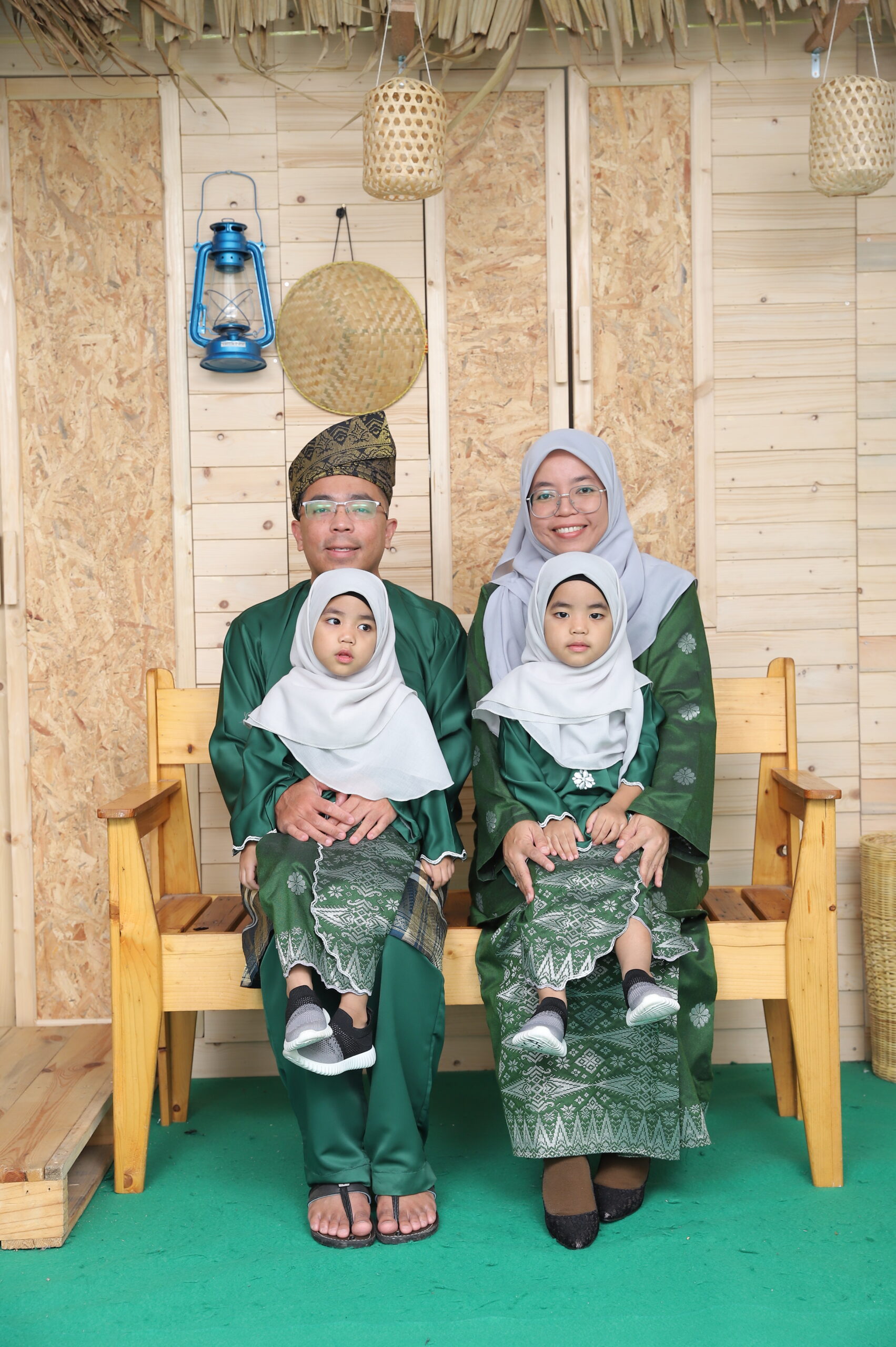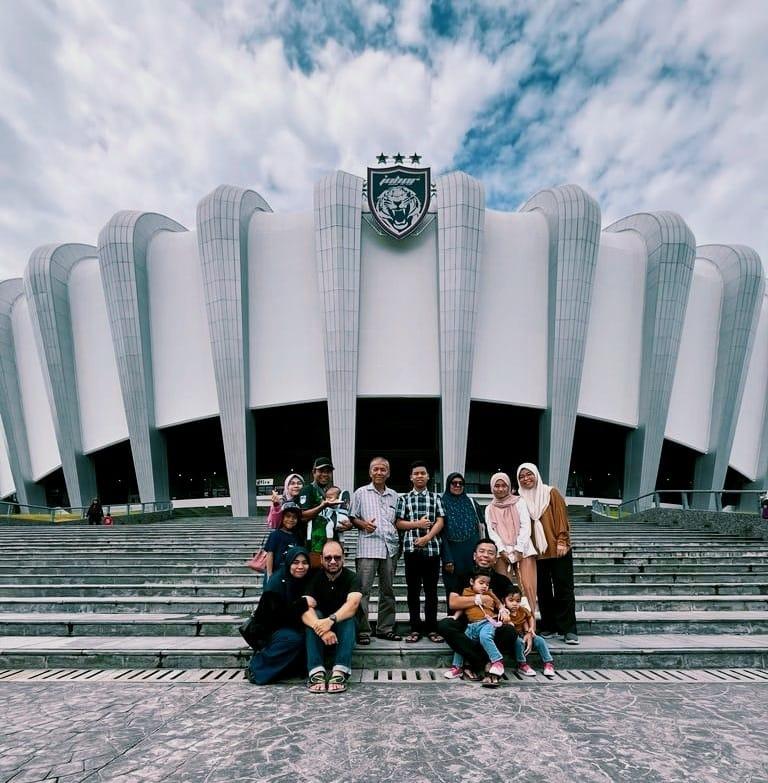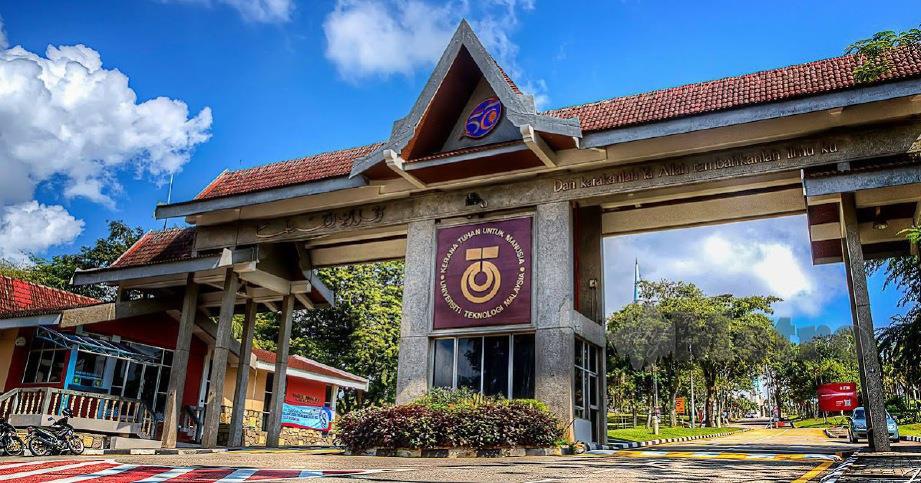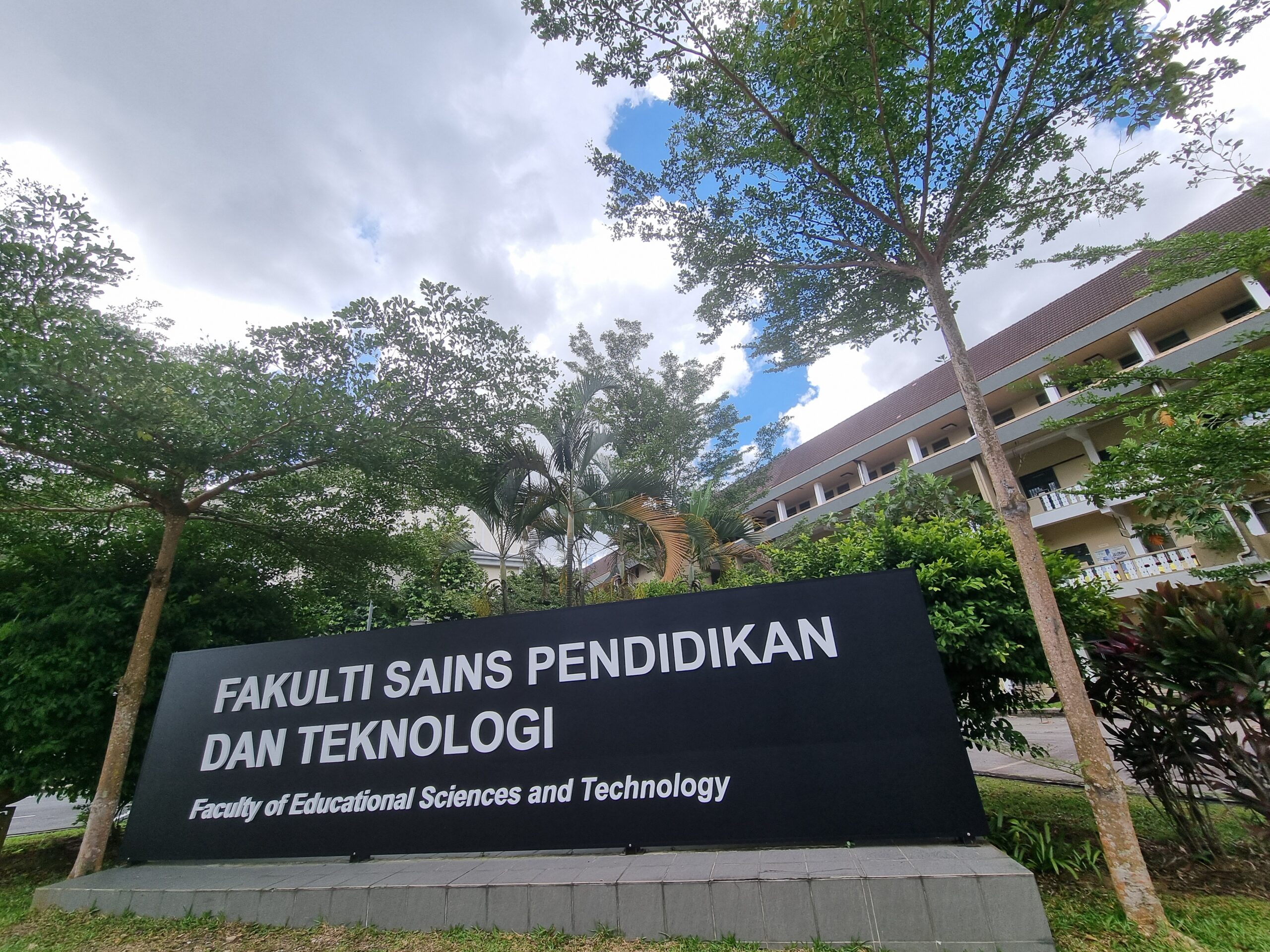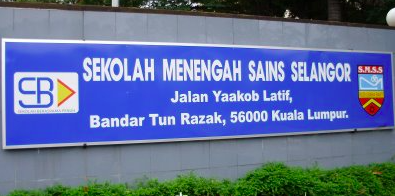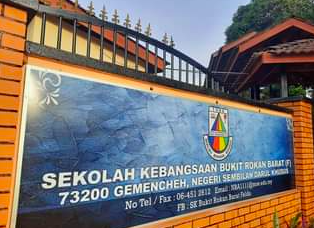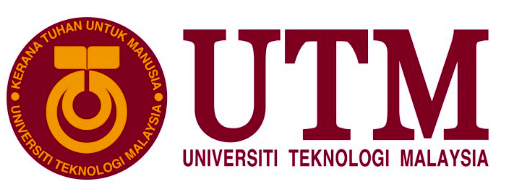Seperti biasa, setiap kali masuk tahun baharu, azam saya adalah untuk menjadi lebih baik dari sebelum ini.
Kedengaran klise, namun itulah azam saya saban kali berubah tahun.
Saya nak aplikasi konsep kumulatif. Macam mana kita kumpul duit, macam itulah saya akan berusaha untuk kumpul pahala. Saya bukan insan sempurna. Macam konsep debit dan kredit. Debit itu dianalogikan sebagai pahala, manakala kredit saya analogikan sebagai dosa. Analogi sahaja ya! Kita berusaha untuk kumulatifkan debit, tapi sebagai insan yang serba kekurangan, pasti akan ada kredit. Akhirnya, kita akan hitung sama ada kita surplas atau defisit.
Banyak betul konsep matematik
Saya berazam untuk lebih mengasihani diri sendiri. Tidak perlu mengemis simpati manusia. Tiada siapa yang akan kasihan pada kita kecuali diri kita sendiri.
Saya juga akan cuba yang terbaik berusaha berbuat kebaikan kepada manusia. Tapi usah sesekali mengharap balasan dari manusia hatta dari mereka yang pernah kita bantu dan berikan pertolongan. Biar Allah S.W.T sahaja yang memberi ganjaran.
Saya cukup suka dengan motto universiti tempat saya mencari rezeki, “Kerana Tuhan Untuk Manusia”. Andai panjang umur, sebahagian besar hidup kita diabadikan untuk kerjaya. Jadi ini adalah peluang untuk saya kumulatifkan pahala.
Biarlah kumulatif pahala seiring dengan meningkatnya usia, sebagai pelaburan di alam sana, insya-Allah.
Akhir kata, saya juga berazam untuk turunkan berat badan!
